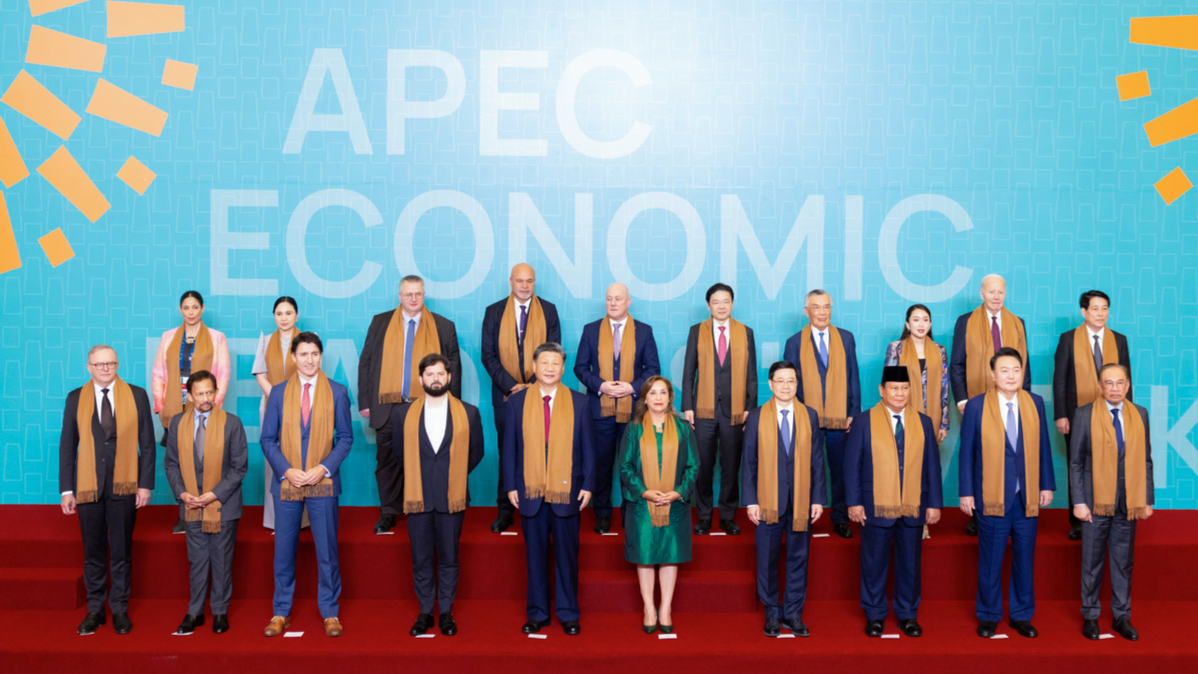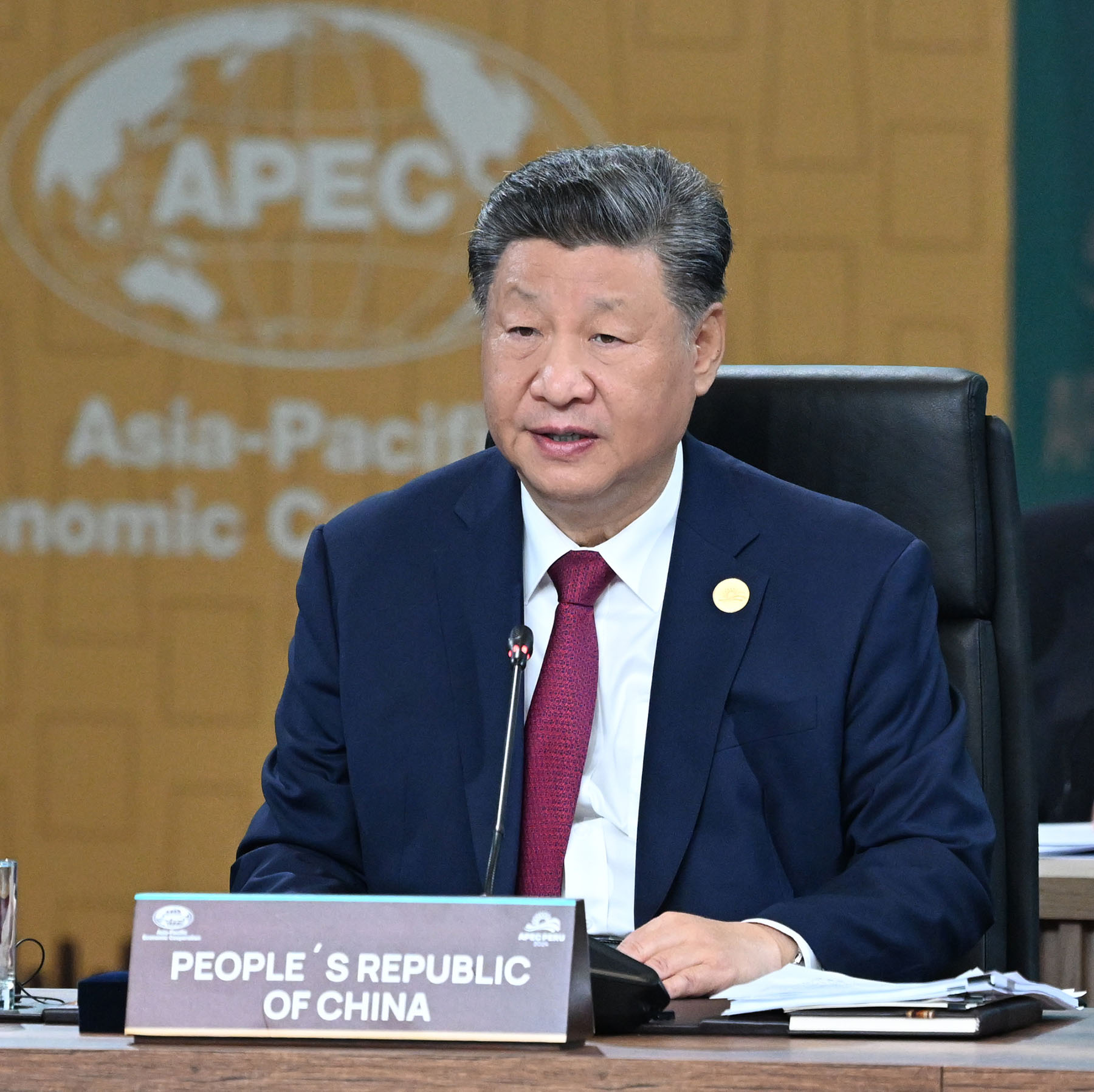In speech to APEC leaders, president calls for removing impediments to flow of trade, tech

President Xi Jinping on Nov 16 proposed building an open and interconnected paradigm for Asia-Pacific cooperation with efforts to advance regional economic integration and “tear down the walls” impeding the flow of trade, investment, technology, and services.
Speaking at the 31st APEC Economic Leaders’ Meeting, Xi called on Asia-Pacific countries to act in solidarity and cooperation to meet the challenges confronting cooperation in the region, such as rising tendencies of geopolitics, unilateralism, and protectionism. “At this historic crossroads, we Asia-Pacific countries carry greater responsibilities on our shoulders,” he said.
Experts said the Chinese president’s proposal is an active move to steer the world economy back onto the correct track of globalization. It is also the world’s second-largest economy’s commitment to further opening-up and common development for the world, particularly the Global South countries, they added.
Consisting of 21 members, APEC accounts for approximately 38 percent of the world’s population, 60 percent of its total GDP, and 47 percent of its trade.
“A Free Trade Area of the Asia-Pacific (FTAAP) is an ambitious vision for regional economic integration and is critical for long-term development and prosperity of our region,” Xi said in his remarks.
Ten years ago, a historic decision to kick off the FTAAP process was taken at the gathering of APEC economic leaders in Beijing.
“Today, we will adopt a new document to guide this process. I believe that this will give new impetus to our efforts toward an open Asia-Pacific economy,” Xi said.
Chen Taotao, director of the Latin America Center at Tsinghua University in Beijing, said that regional economic integration has been proven as an efficient economic operating model in the process of globalization.
“In recent years, due to geopolitical reasons, some countries have intentionally adopted high tariffs and other methods to restrict the normal global layout of high-tech Chinese enterprises in certain industries in order to suppress China’s development,” she said.

Chen said that in this process, developing countries — including many Latin American countries — have strongly felt the damage caused to their economies by such instability.
Xi said that opening-up is a distinct hallmark of Chinese modernization and reiterated the country’s commitment to promoting reform through opening-up.
China signed a protocol on Nov 14 to upgrade a free trade agreement with Peru, and substantially concluded negotiations last month with ASEAN to upgrade to free trade area 3.0.
“Together with the relevant parties, we will seek to discuss trade agreements in digital and green areas and steadily expand the globally oriented network of high-standard free trade areas,” Xi said.
He added that China welcomes all parties to continue riding the “express train” of its development and grow together with the Chinese economy.
To start a new era in Asia-Pacific development, the Chinese president also proposed making green innovation a catalyst for the Asia-Pacific and upholding a universally beneficial and inclusive vision for Asia-Pacific development.
“We need to firmly seize the opportunities presented by the new round of sci-tech revolution and industrial transformation and strengthen exchanges and cooperation in artificial intelligence, quantum information, life and health, and other frontier areas,” Xi added.
He said China will launch a Global Cross-Border Data Flow Cooperation Initiative and seek deeper cooperation with other parties to promote efficient, convenient, and secure cross-border data flows.
Xi also called for more support for developing economies and disadvantaged groups and for nations to work together to grow the pie and distribute it equitably to allow more economies and people to benefit from development.
Three outcome documents including the statement of economic leaders and the Ichma Statement on a New Look to Advance the Free Trade Area of the Asia-Pacific were adopted after the meeting on Nov 16.
Liu Chenyang, director of the APEC Study Center of Nankai University, said the outcomes hold a positive significance in determining the call of the Global South amid a complicated global landscape.
Liu noted that it is impossible for any kind of cooperation at the global level to succeed without the participation of APEC members.


